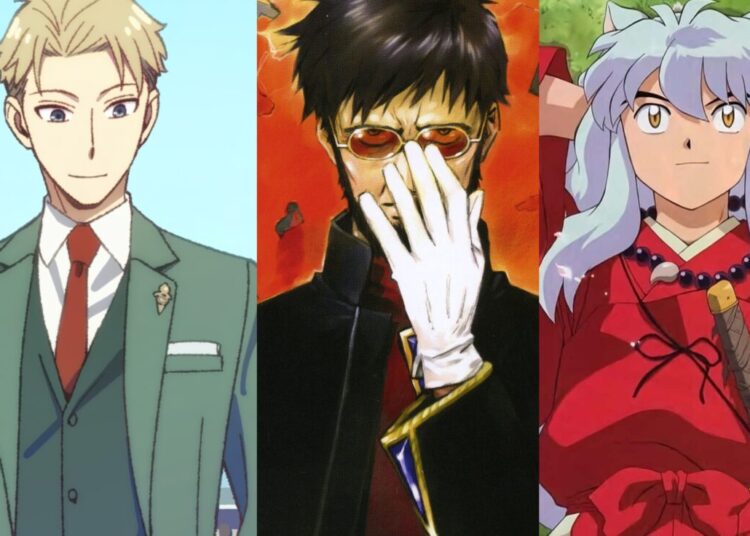It’s always interesting to observe the large and small differences between schools here and back in the States. Both my daughter’s Japanese public school and my son’s semi-private English school have regular classes called “morals” (in Japanese, 道徳 which signaled to me a Taoist origin, as that’s the characte for Tao), which aim to make kids better people. Because I’d never attended a class on moral education in my own years in school, I’ve always paid close attention to the lessons whenever Parents’ Day rolls around. Each lesson features a different topic related to moral education, of course presented in a totally secular fashion, designed to make kids think about issues and be kinder to others. In one lesson I sat in on, the teacher told a story about a boy who asked his mother for money whenever he did something around the house. He got a big shock when his mother presented him with an itemized bill for everything she did for him, from cooking and cleaning to making his bento lunch and kissing him goodnight — which made him realize he’d been taking his mother for granted. One big topic the lessons cover is ijime, or bullying, which is an especially dire problem in Japan and one reason for a high rate of young suicides. Japan’s society is fortunate because it has a large pool of “common sense” (in Japanese, joshiki, as in the line from the famous song Odoru Pompokorin, “Edison was a great man, oh, everyone knows that…”) that all Japanese can draw from, and much of what is taught in morals class are things that everyone would agree with (and hopefully, always act on) such as, if you find a wallet full of money you should turn it in to the police department, or, always give you seat to an elderly person when riding on a crowded train.
I talked last time about one way I’d come up with to study English with my son, by seeing what vocabulary words we could plug into the Star Wars universe together. Really, being inventive and coming up with effective ways to study is something that students of any subject should strive to do. One good method I found while on my Japanese literature kick was “read while listening” — reading Dazai Osamu’s “Run, Melos!” while listening to the audio book was much easier than doing just one or the other. It can be difficult to memorize new vocabulary words, so give your brain a hand by coming up with mnemonic hooks, such as learning the word shinu (shee-nu, “to die”) by memorizing the phrase “she knew he was going to die.” Back when I was studying, I made heavy use of Nihongo Journal, a monthly Japanese study magazine that we’re fortunate to be able to offer now, and I found that covering the English translations in the book with duct tape was a good way of keeping my eyes from wandering away from the section I was working on. I learned some interesting memory tricks too, such as memorizing JPOP songs which allowed me to recall words later by singing the song in my head, or staring at a page in my textbook until I could bring it up in my mind during tests.
It’s hard to keep up with anime trends in Japan, since they’re always in motion. The newest boom in otaku culture seems to be tsundere (ツンデレ, TSOON-deh-reh), a word that describes girls who are cranky and quick to anger (in Japanese, tsun-tsun) on the surface, yet loving and vulnerable when it suits them (known as dere-dere, pronounced deh-reh deh-reh). A staple in anime and PC dating-sim games, some famous tsundere characters include Asuka from Evangelion, Akane from Ranma 1/2, Sanae from The Sagara Family (who has a tendency to punch the main character violently at any provocation), and if you ponder it long enough, Princess Leia from Empire (go on, think about it for a while). Like cat girls, waitress uniforms and French Maid costumes, tsundere is closely tied to the Cult of Akihabara and moe (mo-EH) culture that has become such a big part of modern Japanese life. Now instead of passively watching your favorite rough-around- the-edges character in anime, you can experience her in the flesh at a new “Tsun-Cafe” which features beautiful waitresses who insult customers, acting frustrated when they take too long to order and yelling things like, “Here’s your coffee. Drink it quickly and get out of here, will you?” But when it’s time to leave, the girls look sad, and say, “Oniichan, I’m sorry I said those awful things to you. You will come again, right?” Here’s the video:














